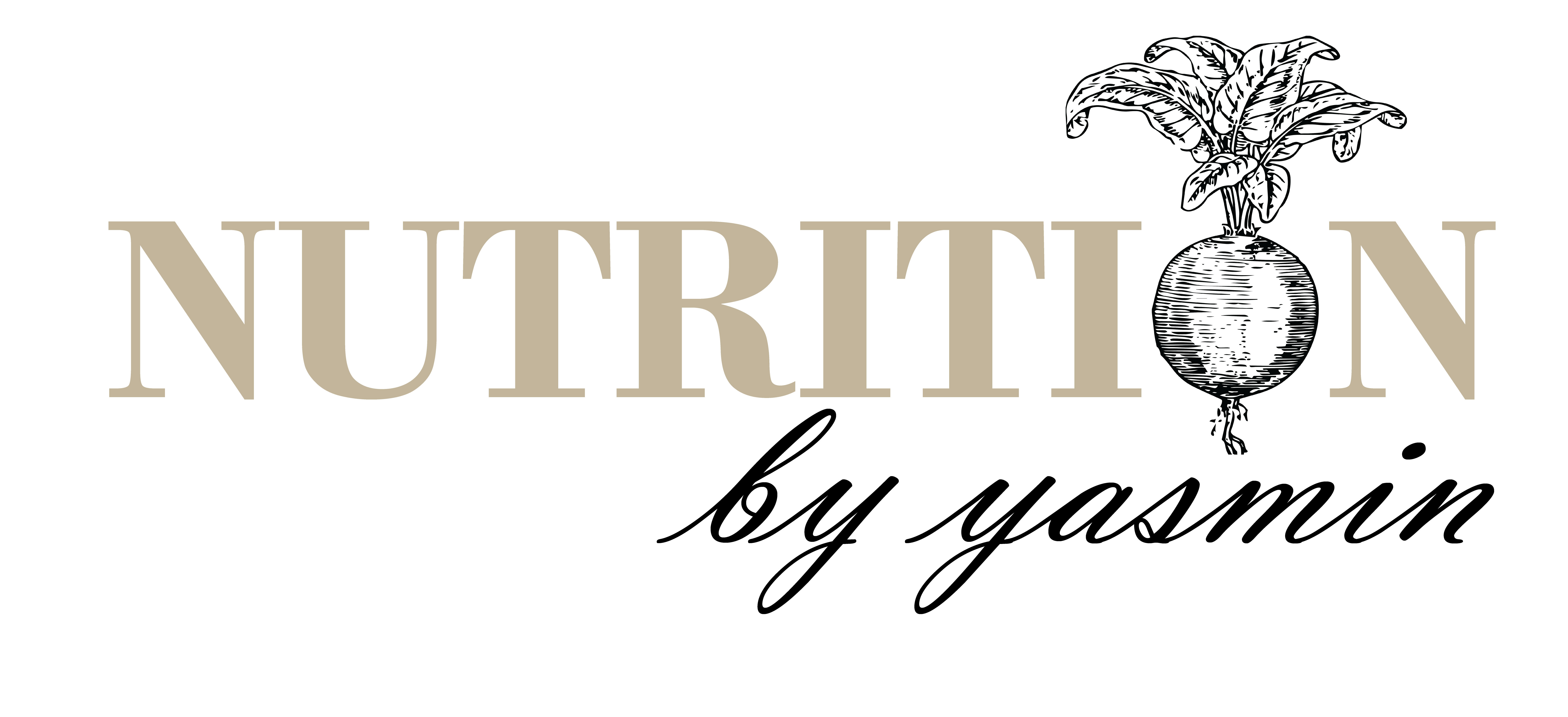Be kind to yourself this Mental Health Week
What a strange year 2020 has turned out to be, and for many of us, the current state of events has taken its toll on our mental health, for reasons that will be unique to all.
I believe that this week, of mental health awareness week, is more important than ever and the theme of the week is so fittingly; kindness.
This time has given most of us more time and space to think and feel and slow down from the usual fast pace of life. The smaller things, usually seeming insignificant, have become more impactful to us, such as receiving a text or a letter from a loved one.
We are all currently more aware of our physical health and protecting ourselves with PPE an sanitisation, but are we giving the same attention to our mental health? The world health organisation defines health as:
A state of complete physical, mental and social well-being and not merely the absence of disease or infirmity.
This really strikes a chord currently, as we cannot underestimate the impact that our mental health can have.
Mental health issues do not always need to be diagnosed, and you may be struggling with the following as examples:
- Social isolation and loneliness
- Stress
- Worry or anxiousness
- Depression
- Low mood or mood swings
- Loss of self-worth and self confidence
- Feeling unconnected
- Panic attacks
- Bereavement
- Post traumatic stress disorder
Please know that you don’t have to suffer with your mental health in silence, and there are so many organisations you can reach out to, for example: MIND, Anxiety UK, Samaritans, Young Minds, Mental Health Foundation, and your GP.
Nutrition
The effect of different nutrition interventions on mental health is a huge area of research and is a space I find really exciting. Here are a few things to consider nutrition wise if you are struggling.
- Vitamin D – this vitamin is actually considered to act like a hormone, and is vital for every body system, from hormones, immune system and mental health. There is a higher risk of depression and low mood in those with low levels of vitamin D, and many studies show that supplementation with vitamin D to correct the deficiency can improve depression scores and symptoms in those with depression.
The government recommends we all carry on with our winter supplement of 10mcg or 400IU of vitamin D at the moment due to reduced time spent outdoors.
I always recommend getting your vitamin D levels checked, as the above dosage may not be sufficient to correct a deficiency. There are many companies now offering home kit tests, have a look at https://www.vitamindtest.org.uk/.
- Protein – is one of our macronutrients, is vital for body functioning, and is required with all meals. It not only helps with our muscle growth and recovery but is key for optimal mental and brain health. Certain amino acids, which are the building blocks of our proteins, are required to create brain chemical messengers, called neurotransmitters. Tryptophan is a particularly important amino acid for our mental health and it can be converted into serotonin, our happy hormone.
Rich sources include turkey, salmon, beans, chickpeas, salmon and spinach.
- Dietary diversity – there is now research showing our gut and brains are connected via the vagus nerve. Therefore, ensuring our gut bacteria are as diverse as possible can create a beneficial environment, which sends feedback to the brain.
Try out the 30 a week challenge and see if you can get to 30 different plant fibres each week. It is easier than you might think, and to help you out, I’ve put together this worksheet to keep count.
- Mediterranean Diet – this diet is one which is widely researched with benefits such as longevity and improved mental health. It emphasises high intakes of fresh fruits of vegetables, lots of whole grains, legumes, nuts, seeds, olive oil, oily fish, and is lower in processed foods, red meat and dairy products. There has been great research to show adherence to the Med diet can lower the rates and symptoms of depression in people who are severely depressed.
Kindness
So, onto kindness; the theme of the week. Doing small acts of kindness can have such a huge impact on others at this time, but also remember it is just as important to be kind to yourself too.
Below are some of my favourite examples of simple acts of kindness:
- Phone a friend/family member
- Organise a delivery to a friend or family member’s house
- Send a card or postcard
- Let your friend know you value them
- Cook or bake for a friend or family member
- Do something to help someone you live with
- Set up a group call or face time with your friends
- Create a quiz for your family or friends
- Support small businesses
- Make a donation to the instructor of a live workout you do
- Give some money to charity
- Have a bath
- Use a hair mask or face-mask
- Take some time each day just for yourself
- Do some movement you enjoy, not what you think you should do
- Bake for yourself
- Treat yourself to that new bag, dress, shoes or gadget
- Buy yourself some flowers
